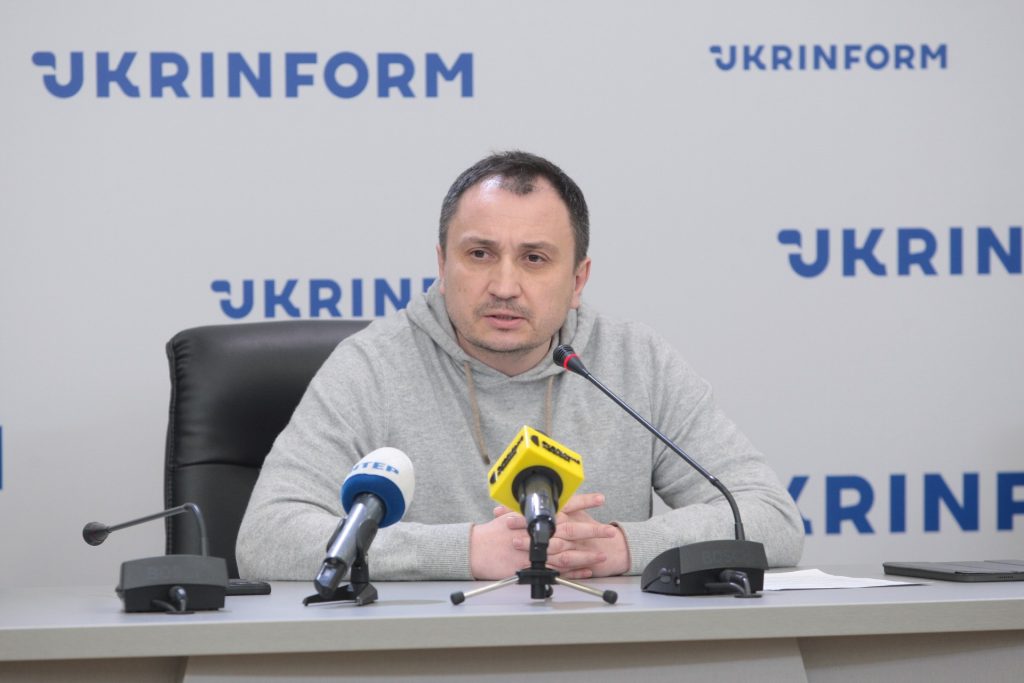The Ukrainian government has warned the EU that imposing further restrictions on Ukrainian imports could risk prolonging the war.
Others are reading now
The Ukrainian government has issued a warning to the EU, stating that additional restrictions on Ukrainian food product imports, particularly advocated by Poland and France, could prolong the conflict with Russia.
Ukraine’s Minister of Agrarian Policy and Food, Mykola Solskyi, discussed this with the Financial Times. He pointed out that further limitations on Ukrainian agricultural imports, a hot topic within the EU aimed at placating European farmers, would negatively impact Ukraine’s revenue and potentially extend the war’s duration.
Solskyi argued that Ukraine should not be blamed for the decline in grain prices due to abundant harvests in the US and Latin America. He remarked, “Eighty percent of the problems usually associated with Ukrainian exports are fictitious.”
He also emphasized that the solution for European farmers is not increased protectionism and subsidies, but rather enhancing efficiency to remain competitive globally.
Also read
“Subsidies alone won’t enable us to compete effectively. Competition is always more critical for development than subsidies,” Solskyi stated.
Solskyi suggested that the EU’s agricultural policy should focus on innovation and support the formation of cooperatives among smaller farms to increase their scale.
Solskyi is attending a meeting of EU agriculture ministers on Tuesday, where proposals expected to relax environmental regulations for EU farmers are likely to be approved. On Wednesday, ambassadors from 27 EU countries are set to finalize an agreement with Ukraine to continue liberalized trade terms.
Despite discussions on Monday, EU ambassadors did not endorse the renewal and extension of the agreement. According to reports, the Belgian presidency delayed the agreement’s approval until Wednesday, as many countries were still undecided.
Last Wednesday, the agreement failed to receive approval as Poland and France deemed the text, agreed upon with the European Parliament, inadequate.


